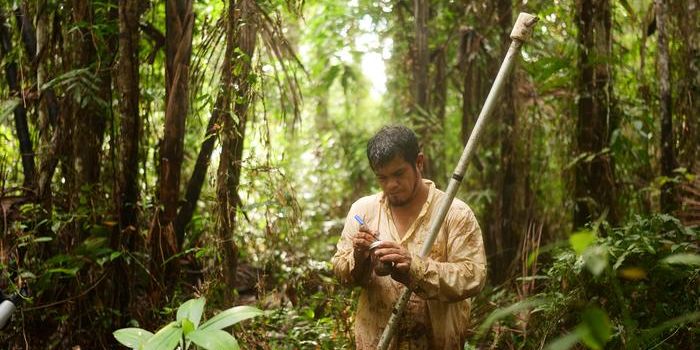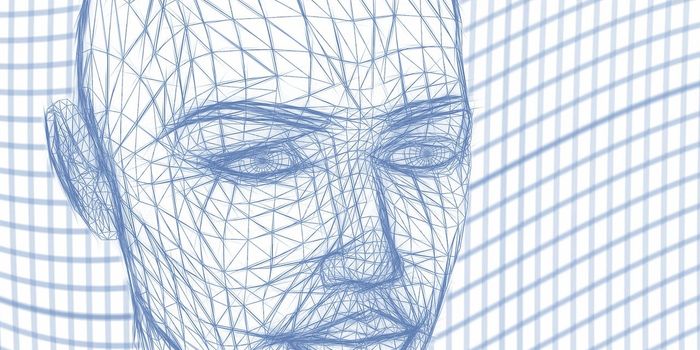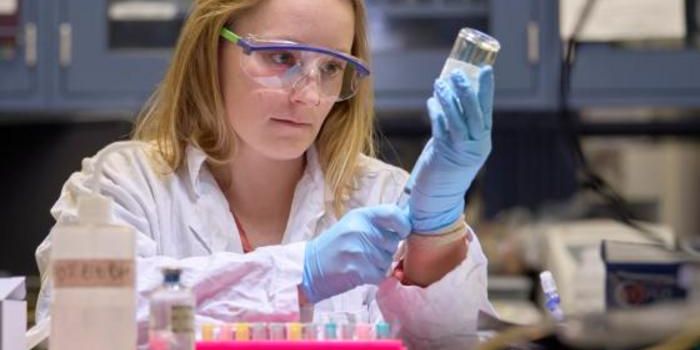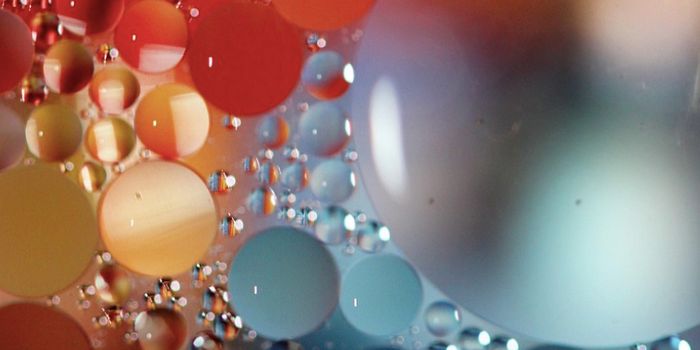Swimming in the Ocean Changes the Skin Microbiome
Our bodies play host to vast numbers of microorganisms, and they can have a big impact on us. The skin is the immune system’s first line of defense, and like other parts of the body, it has a microbiome. Scientists have now found that even short swims in the ocean change the skin microbiome. Reporting at the annual meeting of the American Society for Microbiology, researchers determined that ocean bacteria could stay on the skin for six to 24 hours after a swim followed by air-drying. Some people that were assessed had more ocean microbes that others or the ocean microbes remained on their skin for longer after their contact with the ocean.
"Our data demonstrate for the first time that ocean water exposure can alter the diversity and composition of the human skin microbiome," said researcher Marisa Chattman Nielsen, M.S., a graduate student at the University of California, Irvine. "While swimming normal resident bacteria were washed off while ocean bacteria were deposited onto the skin."
Recreational swimming in untreated water is known to be associated with outbreaks that can be caused by pathogens or toxins. Contaminated waste or agricultural runoff - one of the biggest sources of ocean pollution - have been found at many beaches as well. In this work, the researchers wanted to learn more about how exposure to ocean water alters the skin microbiome, which might make a person more vulnerable to illness.
"Recent studies have shown that [the] human skin microbiome plays an important role in immune system function, localized and systemic diseases, and infection," said Nielsen. "A healthy microbiome protects the host from colonization and infection by opportunistic and pathogenic microbes."
Nine volunteers that did not use sunscreen, didn’t go to the beach often, had not bathed within twelve hours, and had not used antibiotics were selected for this study. Their skin was swabbed several times on the calf - before they got into the water, after they had air-dried for ten minutes, and then again six and 24 hours later.
The participants all had skin microbiome compositions that were different before they swam, but after their swim, their skin microbiomes resembled one another. Six hours later, the microbiomes had started to return to their previous state, and 24 hours later, they were much closer to what they had been before the swim.
"One very interesting finding was that Vibrio species - only identified to the genus level - were detected on every participant after swimming in the ocean, and air drying," said Nielsen. The bacterium that causes cholera is in the Vibrio genus.
Vibrio was found on most study participants six hours after swimming, but only one individual still carried the microbe 24 hours later.
"While many Vibrio are not pathogenic, the fact that we recovered them on the skin after swimming demonstrates that pathogenic Vibrio species could potentially persist on the skin after swimming," said Nielsen. The proportion of Vibrio on skin compared with a water sample was much higher, suggesting that the microbes have an affinity for latching onto the skin.
Sources: Phys.org via American Society for Microbiology









